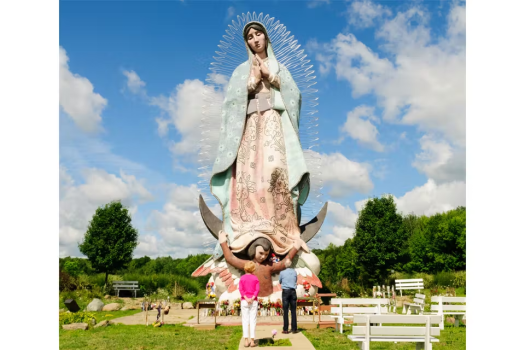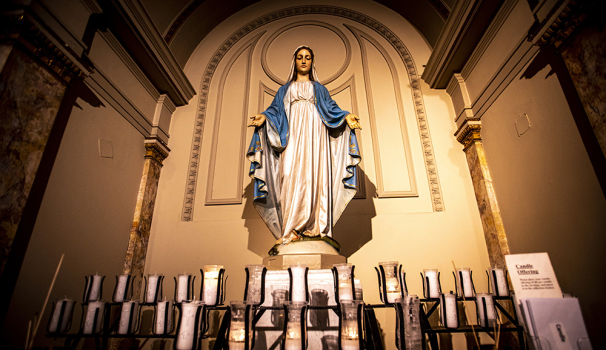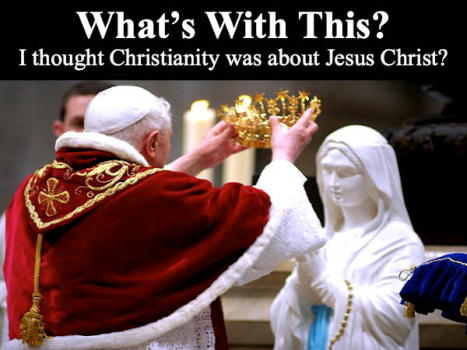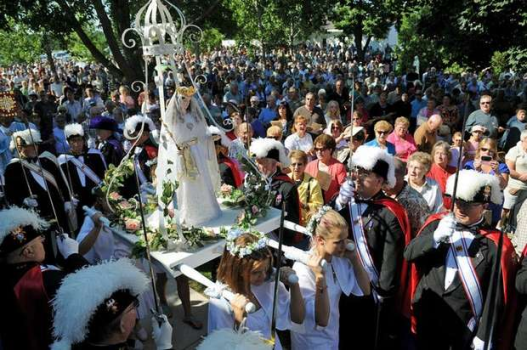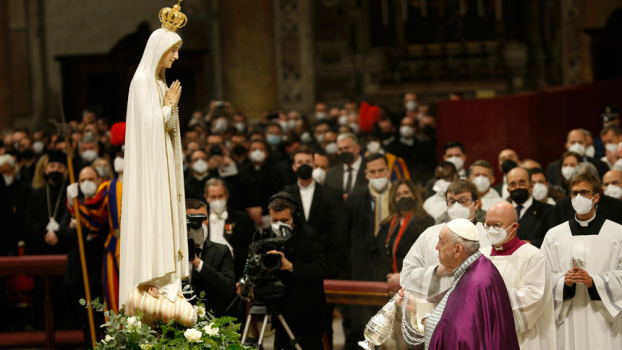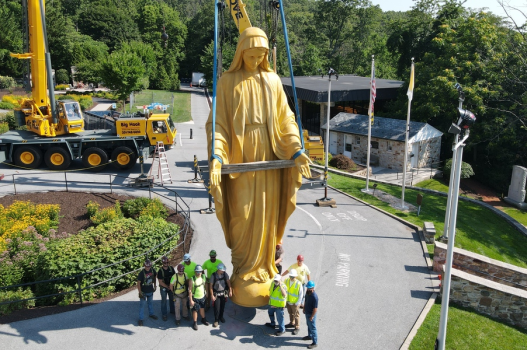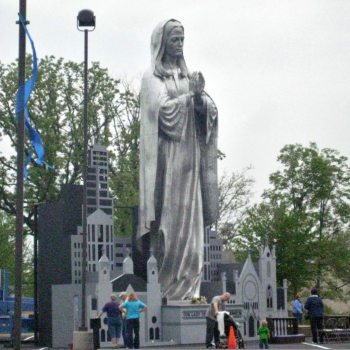Part 2:
Consider how honor is given. We regularly give it to public officials. In the United States it is customary to address a judge as “Your Honor.” In the marriage ceremony it used to be said that the wife would “love, honor, and obey” her husband. And just about anyone, living or dead, who bears an exalted rank is said to be worthy of honor, and this is particularly true of historical figures.
These practices are entirely Biblical. We are explicitly commanded at numerous points in the Bible to honor certain people. One of the most important commands on this subject is the command to honor one’s parents: “Honor your father and your mother, that your days may be long in the land which the Lord your God gives you” (Ex. 20:12). God considered this command so important that he repeated it multiple times in the Bible (for example, Lev. 19:3, Deut. 5:16, Matt. 15:4, Luke 18:20, and Eph. 6:2–3). It was also important to give honor to one’s elders in general: “You shall rise up before the hoary head, and honor the face of an old man, and you shall fear your God: I am the Lord” (Lev. 19:32). It was also important to specially honor religious leaders: “Make sacred garments for your brother Aaron [the high priest], to give him dignity and honor” (Ex. 28:2).
The New Testament stresses the importance of honoring others no less than the Old Testament. The apostle Paul commanded: “Pay all of them their dues, taxes to whom taxes are due, revenue to whom revenue is due, respect to whom respect is due, honor to whom honor is due” (Rom. 13:7). He also stated this as a principle regarding one’s employers: “Slaves, be obedient to those who are your earthly masters, with fear and trembling, in singleness of heart, as to Christ” (Eph. 6:5). “Let all who are under the yoke of slavery regard their masters as worthy of all honor, so that the name of God and the teaching may not be defamed” (1 Tim. 6:1). Perhaps the broadest command to honor others is found in 1 Peter: “Honor all men. Love the brotherhood. Fear God. Honor the emperor” (1 Pet. 2:17).
The New Testament also stresses the importance of honoring religious figures. Paul spoke of the need to give them special honor in 1 Timothy: “Let the presbyters [priests] who rule well be considered worthy of double honor, especially those who labor in preaching and teaching” (1 Tim. 5:17). Christ himself promised special blessings to those who honor religious figures: “He who receives a prophet because he is a prophet shall receive a prophet’s reward, and he who receives a righteous man [saint] because he is a righteous man shall receive a righteous man’s reward” (Matt. 10:41).
So, if there can be nothing wrong with honoring the living, who still have an opportunity to ruin their lives through sin, there certainly can be no argument against giving honor to saints whose lives are done and who ended them in sanctity. If people should be honored in general, God’s special friends certainly should be honored.
People who do not know better sometimes say that Catholics worship statues. Not only is this untrue, it is even untrue that Catholics honor statues.
The fact that someone kneels before a statue to pray does not mean that he is praying
to the statue, just as the fact that someone kneels with a Bible in his hands to pray does not mean that he is worshiping the Bible. Statues or paintings or other artistic devices are used to recall to the mind the person or thing depicted. Just as it is easier to remember one’s mother by looking at her photograph, so it is easier to recall the lives of the saints by looking at representations of them.
The use of statues and icons for liturgical purposes (as opposed to idols) also had a place in the Old Testament. In Exodus 25:18–20, God commanded: “And you shall make two cherubim of gold; of hammered work shall you make them, on the two ends of the mercy seat. Make one cherub on the one end, and one cherub on the other end; of one piece with the mercy seat shall you make the cherubim on its two ends. The cherubim shall spread out their wings above, overshadowing the mercy seat with their wings, their faces one to another; toward the mercy seat shall the faces of the cherubim be.”
When the time came to build the Temple in Jerusalem, God inspired David’s plans for it, which included “his plan for the golden chariot of the cherubim that spread their wings and covered the ark of the covenant of the Lord. All this he made clear by the writing from the hand of the Lord concerning it, all the work to be done according to the plan” (1 Chr. 28:18–19). In obedience to this divinely inspired plan, Solomon built two gigantic, golden statues of cherubim. (See the Catholic Answers tract,
Do Catholics Worship Statues? for further information.)
The most important form of honoring the saints, to which all the other forms are related, is the imitation of them in their relationship with God. Paul wrote extensively about the importance of spiritual imitation. He stated: “I urge you, then, be imitators of me. Therefore I sent to you Timothy, my beloved and faithful child in the Lord, to remind you of my ways in Christ, as I teach them everywhere in every church” (1 Cor. 4:16–17). The author of the book of Hebrews also stresses the importance of imitating true spiritual leaders: “Remember your leaders, those who spoke to you the word of God; consider the outcome of their life, and imitate their faith” (Heb. 13:7).
One of the most important passages on imitation is found in Hebrews. Chapter 11 of that book, the Bible’s well-known “hall of fame” chapter, presents numerous examples of the Old Testament saints for our imitation. It concludes with the famous exhortation: “Therefore, since we are surrounded by so great a cloud of witnesses, let us also lay aside every weight, and sin which clings so closely, and let us run with perseverance the race that is set before us” (12:1)—the race that the saints have run before us.


